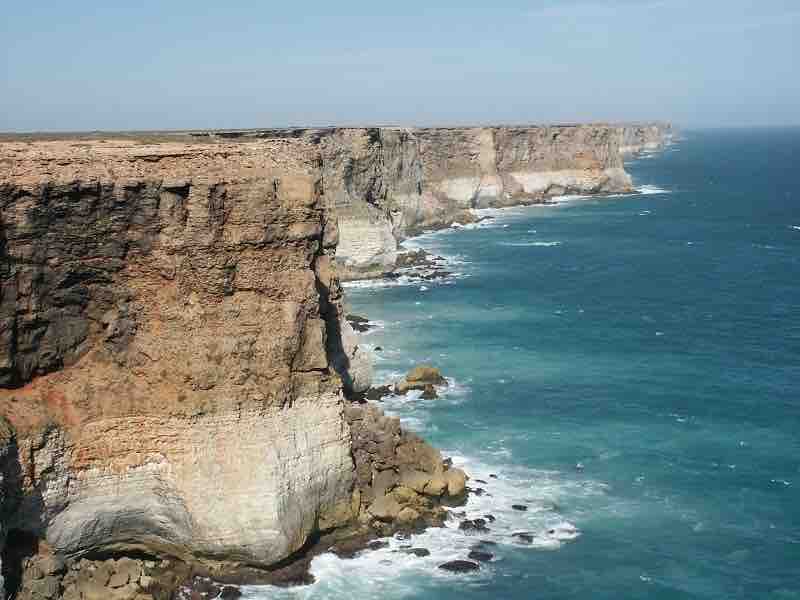May 2016, Vol. 243, No. 5
Web Exclusive
BP Faces Setback in World’s Largest Unexplored Oil Basin

As if the current oil markets weren’t tough enough for producers, companies are increasingly finding that regulators are making it harder to drill new sources of oil. For instance, BP was recently told by regulators that it will need to revise and resubmit its plan to explore for oil off of the Southern Australian coast. This request marks the second time that BP has been told to modify its proposal by Australian regulators.
The Southern Australian Bight area off the coast of the country has attracted half a dozen major oil firms who have spent more than a billion dollars hunting for oil. The area is the largest relatively unexplored area in the world with potentially giant reserves of oil. While those deep water reserves are at best marginally profitable at current prices, no one expects prices to stay this low forever. Since a major new development like this would take somewhere between five and ten years to bring online, it makes sense for producers to be exploring their options now.
The value of the oil encased in the Bight is likely to be worth tens of billions of dollars, which is why BP is looking to spend hundreds of millions of dollars on the hunt for oil. A successful program of development in the Bight would be a major boon for Australia in terms of tax receipts, royalties, and energy security. That’s especially true as the country deals with the wholesale collapse of the mining industry as China’s demand for raw materials craters. The mining industry has been an important source of economic prosperity for Australia for more than a decade now, and the pain in that sector has been felt acutely across many parts of the country.
Despite the potential raft of benefits from a successful oil development program, the efforts of BP and others are running into a wall of opposition from environmentalists. Offshore oil in general is reasonably safe for ecosystems the high profile incidents in the Gulf of Mexico notwithstanding.
Unfortunately, while environmentalists would like Australia to stop using oil and other fossil fuels and switch to alternatives like solar, that proposal is not realistic any time soon. It is true that solar power has massive potential in the sunny Australian outback in particular. Yet solar is still a very small fraction of overall power generated and even last year’s rapid growth in solar installations will only add up to about 1 percent of Australia’s total solar needs. The reality is that it will likely take decades before solar could come close to fully replacing the electrical grid, let alone power for autos. Further, the Australian Bight production would likely create a major new export for Australia, helping to fuel the overall economy rather than just providing power.
Nonetheless, it is clear that both solar and oil have a place in Australia’s future. BP is going to keep going with its production plans – environmental opposition to new sources of oil production is nothing new after all. The firm plans to start drilling for oil in the Australian summer of 2016-2017. Before it can do that though, it will have to figure out a way to appease Australian authorities, something it has so far failed to do successfully.
By Michael McDonald of Oilprice.com





Comments